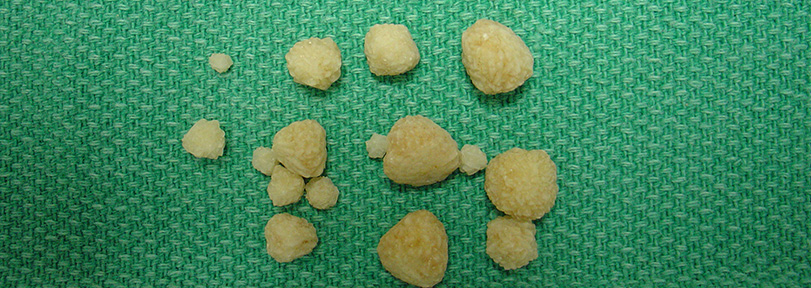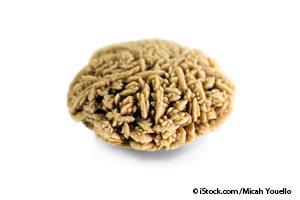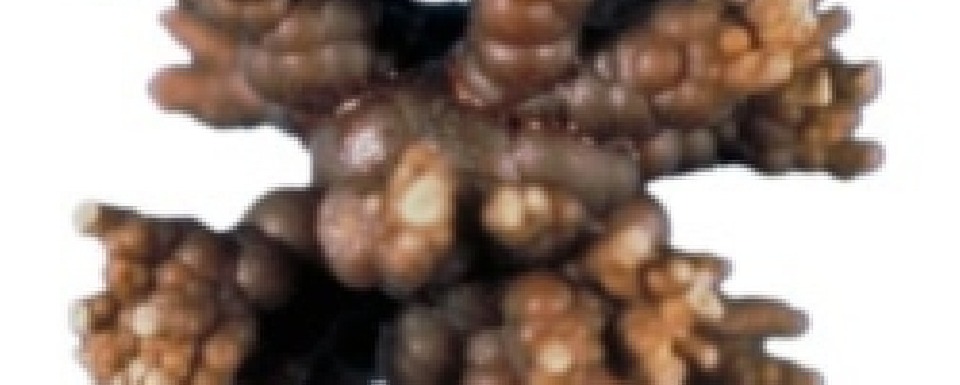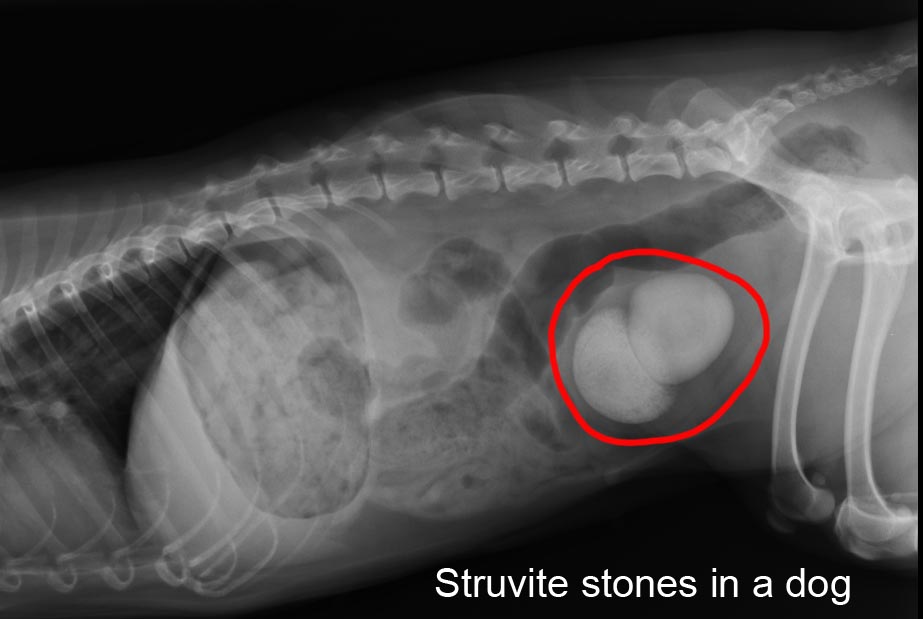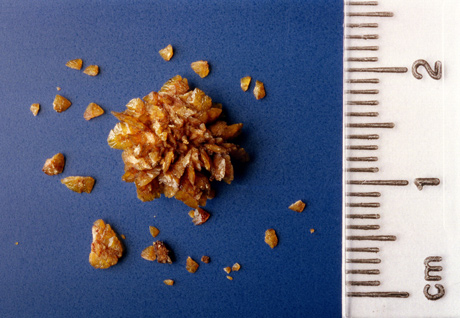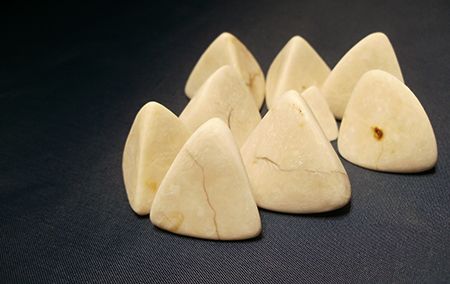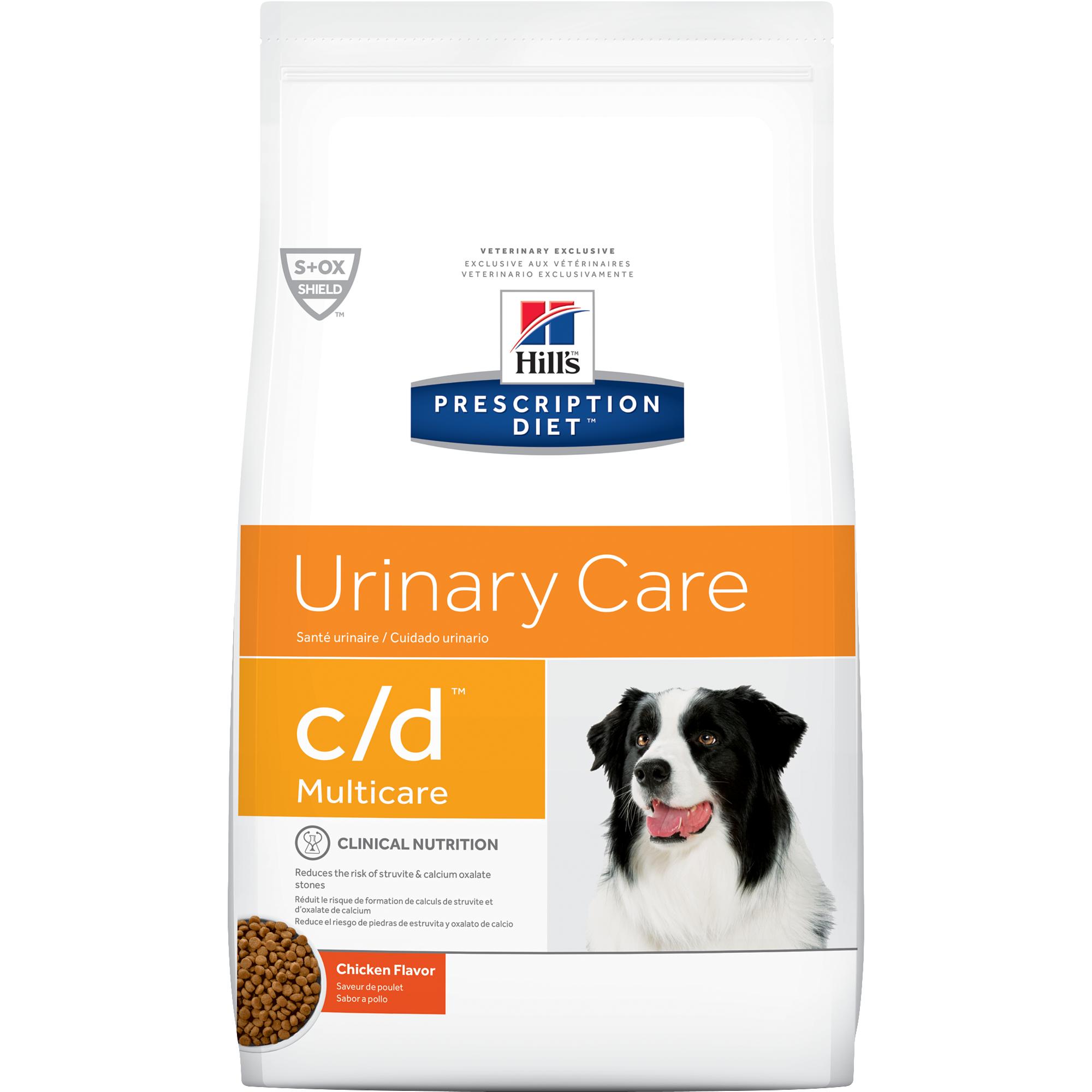Calcium Oxalate Cystine Stones In Dogs

Examples include brewer s yeast for dogs with urate stones vitamin c or calcium for dogs with calcium oxalate stones or products that alkalinize the urine for struvite stones a specially formulated diet is a powerful tool that can prevent and treat some types of bladder stones in cats and dogs.
Calcium oxalate cystine stones in dogs. Calcium is a healthy ingredient and having tons of health benefits but overeating can lead to kidney and. It s worth noting that healthy dogs typically have a urine ph of around 6 5. Their appearance can be rough smooth spiculated needle like or jackstone calcium oxalate stones form more readily in animals with hypercalcaemia which can caused by addison. Lower urinary tract stones are more common in dogs and cats than they are in humans.
In addition to struvite stones calcium oxalate urate and cystine stones are all commonly found in the bladder and the urethra. The genetic basis for stone disease in some breeds of dog has been elucidated. Unfortunately calcium oxalate bladder stones in dogs are very common. Calcium oxalate stones form in urine that is too acidic between ph 5 0 6 5.
This is the lab where i send stones for analysis. We are listing 5 ingredients foods that cause kidney and bladder stones in the dogs. Calcium oxalate stones are the second most common type of stones in dogs and cats. Calcium oxalate stones form in an acidic to neutral urine.
Foods that contain calcium oxalate. Let s pretend the stone was identified as a calcium oxalate bladder stone. Cystine bladder stones appear to be the result of a genetic abnormality that prevents a dog from reabsorbing cystine from the kidneys. They even accounted for 41 of stones submitted from dogs in 2007.
Calcium oxalate stones form secondary to elevated. While bladder stones in general are somewhat common in dogs cystine bladder stones are rare. So another way calcium oxalate stones can be prevented is by maintaining a urine ph that is more basic typically around ph 7 0. Two types naturally occur calcium oxalate monohydrate or whewellite cac 2 o 4 h 2 o and calcium oxalate dihydrate or weddellite cac 2 o 4 2h 2 o.
Calcium oxalate stones are more prevalent in male dogs than female dogs with an overrepresentation in neutered males.
